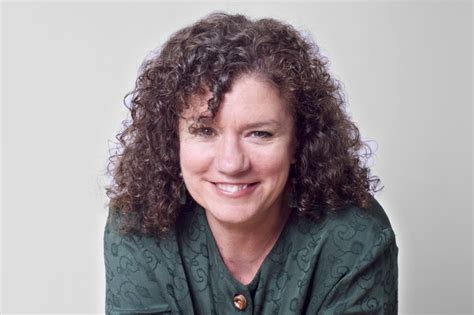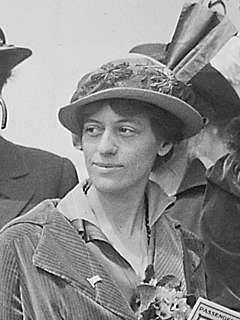A Quote by John Pilger
Using the passive voice is always very helpful. Mind you, a lot of that propaganda English emanates from here. The British establishment has always used the passive voice. It's been a weapon of discourse so those who committed terrible acts in the old empire could not be identified.
Related Quotes
I have a voice inside. A voice that I am forever trying to silence. A voice that calls me in when I want to be out, playing. A voice that is always sad. That is always terrified. That always wants to sit in the darkened room, away from noise and movement and colour - away from any experience that could prove to be challenging.
I have a feeling that about 90% of my life has been shaped by my voice, both as an embarrassment and as an advantage. There was always the terrible incongruity of this deep voice barreling out of this little body. Somewhere in the back of my mind I was aware that it was ludicrous, that it took on an importance that wasn't really there.
A mind can be overthrown by words; that's the point. What is happening to the brain of a person who uses the passive, who writes, 'Delay should not be allowed to take place' instead of 'Hurry'? The user of the passive verb doesn't want a universe in which responsible agents do their acts. You see? Bad language ultimately is IMMORAL.
English audiences of working people are like an instrument that responds to the player. Thought ripples up and down them, and if in some heart the speaker strikes a dissonance there is a swift answer. Always the voice speaks from gallery or pit, the terrible voice which detaches itself in every English crowd, full of caustic wit, full of irony or, maybe, approval.
Never use a metaphor, simile, or other figure of speech which you are used to seeing in print. Never use a long word where a short one will do. If it is possible to cut a word out always cut it out. Never use the passive voice where you can use the active. Never use a foreign phrase a scientific word or a jargon word if you can think of an everyday English equivalent. Break any of these rules sooner than say anything outright barbarous.
We're always being told 'find your voice.' When I was younger, I never really knew what this meant. I used to worry a lot about voice, wondering if I had my own. But now I realize that the only way to find your voice is to use it. It's hardwired, built into you. Talk about the things you love. Your voice will follow.

































